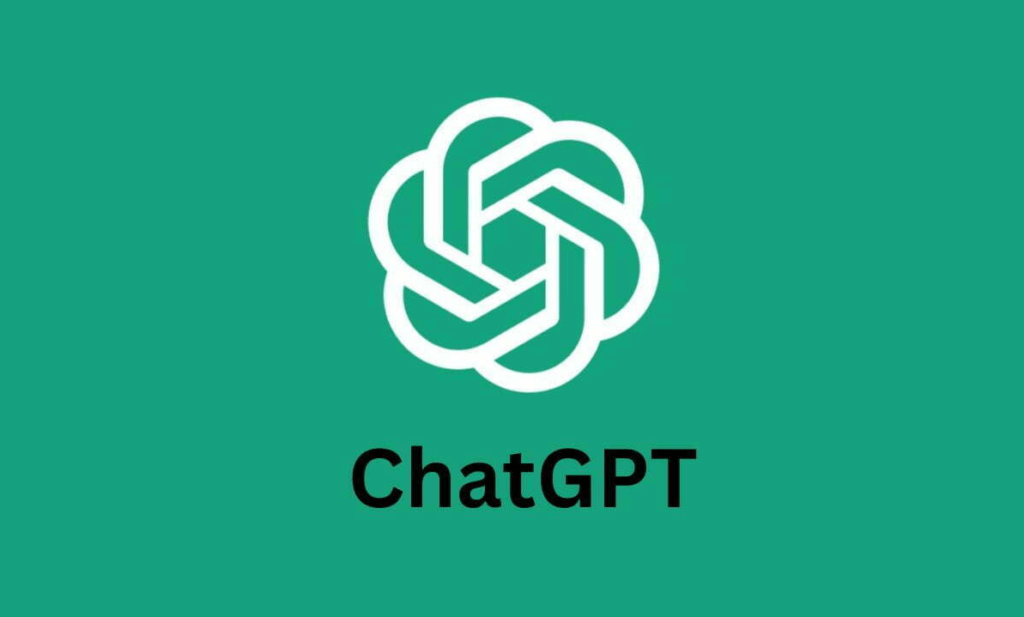Mastering Your First Interview: Guide for Aspiring Gaming Professionals
20 October 2023If you’ve started looking for a job in the gaming industry or feel discouraged after months in limbo, we get it. We’ve all been through that same morale-crushing process. In this guide, we’ll explore some of the most common hurdles based on our own experiences. We’ve also gathered insights from many candidates who have applied to work with Infernozilla.
Whether you have professional experience or are starting out, you’ll find something useful to take away.
Where do I start?

Be aware of the most common pitfalls of job seekers in the industry!
Many job seekers overlook the importance of the basics. This includes having an updated and well-organized CV or resume, as well as a well-written, tailored cover letter. While this might seem obvious, many candidates still neglect the quality of their CVs or apply without a cover letter.
You have many options for creating your CV. Free platforms like Canva offer a variety of presentable templates. Regardless of the method you use, always submit your CV in PDF format and try to keep it to one page. However, make sure to personalize these and avoid oversaturating them with colors or designs.
Less is more.
It’s also important to understand what employers or recruiters are looking for in your CV or resume. They may need to process hundreds of applications for a single role. This often means they spend only 6-8 seconds scanning each one.
So you’ll need to prioritize the readability of your resume. Make sure the recruiter can quickly see the most important aspects of your experience and skills.
See what we did there?
Using AI to help write your CV or Cover letter

Most importantly, don’t use AI tools like ChatGPT and Gemini, to write your cover letter. This is often a red flag for employers and can be easily recognized. Employers may hesitate to trust you if they suspect you’ve used AI for something like a cover letter.
For both your cover letter and CV, make sure to include specific achievements and measurable outcomes. Your skills and experience are valuable, so include tangible markers of your achievements. There’s also some debate around including a photo of yourself in your CV, and while some companies may prefer it, it’s best to avoid it. This can negatively impact your success rate in some regions.
What to focus on
Most importantly, list your most recent roles at the top. Make sure they are dated by both month and year. Keep only the work experience, achievements, education, and skills that are relevant to the role in question. For example, experience in accounting may not be as relevant when applying for a social media position.
The other vital component is the cover letter. If you’ve included one with your application, well done! Studies show that nearly half of all job seekers neglect to submit a cover letter.
This is where you get to shine.
Your cover letter should highlight why you are a great fit for the company you’re applying to. It’s also an opportunity to explain any career gaps or provide more information about your previous positions. Your first goal is to grab the recruiter’s attention. In your introduction, state what role you’re applying for and why. Then, focus on your most relevant achievements and strengths.
Make sure your cover letter is unique to each application. Avoid using a generic template. Recruiters can tell, and it will be immediately noticeable. Also, steer clear of buzzwords that don’t add value to your points.
In addition to showcasing your fit for the company in terms of skills and experience, you should also express your passion for the role and company you’re applying for.
Key tips
To stand out, make sure to research the company. Learn about its offerings, size, achievements, and culture. This will come in handy during the interview. While you don’t need to overdo this in your cover letter, it becomes invaluable in the later stages of the hiring process.
In the end, aim to keep your cover letter around one page in length. Highlight your qualifications, your passion for the position, and grab the reader’s attention.
What’s next?
You’ve applied to several great companies with a well-crafted CV and personalized cover letter. If you haven’t heard back, don’t worry. There are many variables that can affect your application’s success. For every job opening, there may be over 100 applicants. It’s possible that many of them share similar skills and experience.
Also, not all companies are created equal. Some have limited HR departments, which can slow down the response time. Keep this in mind and don’t get discouraged if you haven’t received an interview yet.
Preparing for your interview
Before your interview, refresh your knowledge of the company you’re applying to. Go over the research you’ve already done and review the job description carefully. Prepare a list of questions you want to ask the employer. Also, think of what questions the interviewers might ask you.
This could be anything from how your skills fit to a problem solving question. Regardless, prepare to discuss the notable points from your CV or cover letter.
Show that you’re well-prepared and confident.
Finally, make sure you look presentable and confident. If the interview is remote, ensure your background is tidy and reflects your professionalism. If the interview isn’t going well, remember this is an opportunity to improve. Take note of what went wrong. Send a thank you note to your interviewer.
If it doesn’t work out, you’ll do better next time.
Navigating the job market takes time and practice. If you follow these tips, you’ll be well-equipped to find your dream job. It takes self-awareness and persistence, but don’t get discouraged. This process is common for everyone.
You’ve got this!
Clem van der Merwe
Content Manager | Infernozilla

